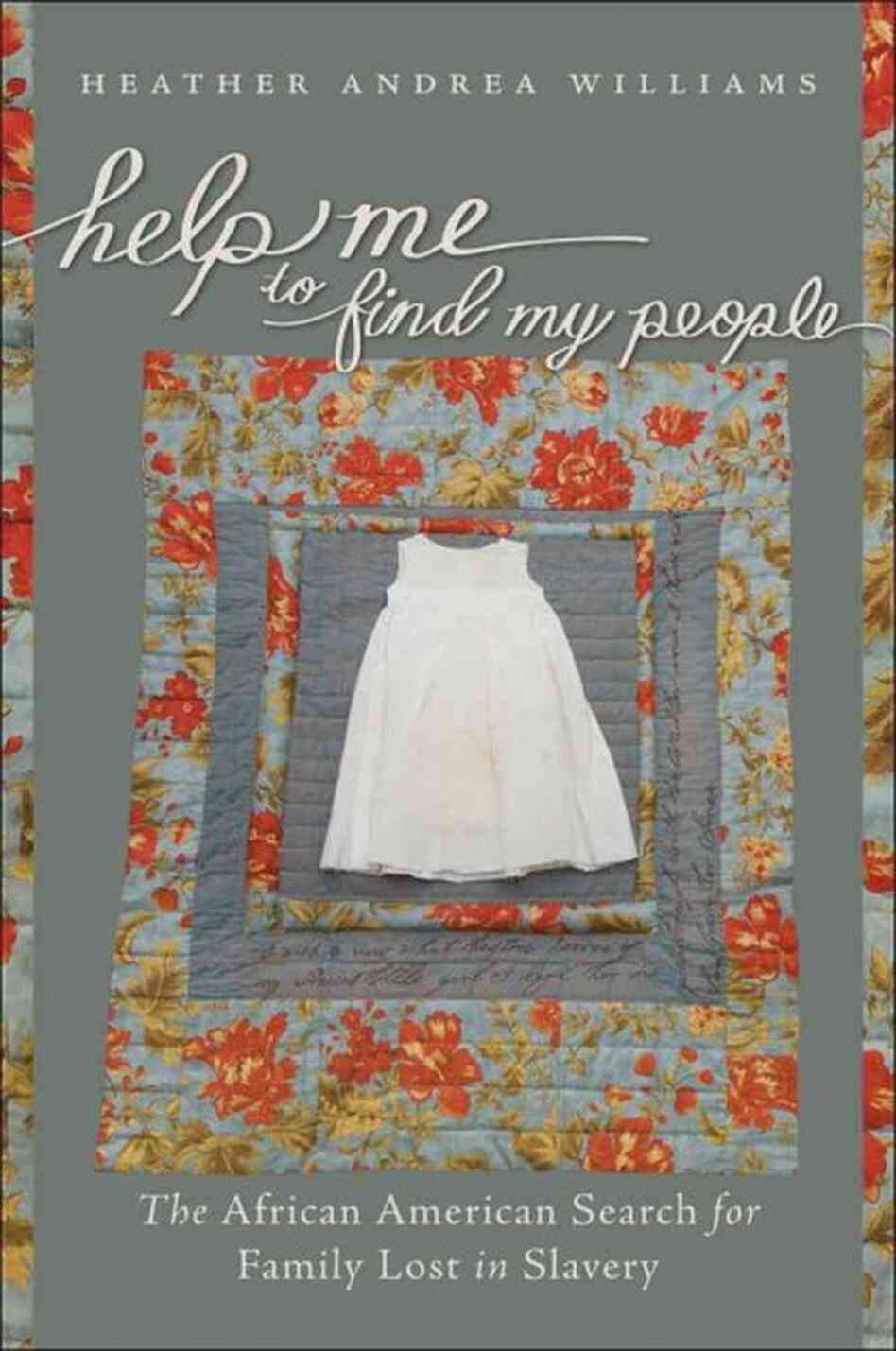The African American Search for
Family Lost in Slavery
After the Civil War, African
Americans placed poignant "information wanted" advertisements in
newspapers, searching for missing family members. Inspired by
the power of these ads, Heather Andrea Williams uses slave narratives,
letters, interviews, public records, and diaries to guide readers back
to devastating moments of family separation during slavery when people
were sold away from parents, siblings, spouses, and children. Williams
explores the heartbreaking stories of separation and the long, usually
unsuccessful journeys toward reunification. Examining the interior lives
of the enslaved and freedpeople as they tried to come to terms with
great loss, Williams grounds their grief, fear, anger, longing,
frustration, and hope in the history of American slavery and the
domestic slave trade.
Williams follows those who were
separated, chronicles their searches, and documents the rare experience
of reunion. She also explores the sympathy, indifference, hostility, or
empathy expressed by whites about sundered black families. Williams
shows how searches for family members in the post-Civil War era continue
to reverberate in African American culture in the ongoing search for
family history and connection across generations.
About the Author
Reviews
"Williams examines the historical fact of family separation
and renders its emotional truth. She is the rare scholar who writes
history with such tenderness that her words can bring a reader to tears.
. . . [The book] has a propulsive narrative flow, and with each
successive chapter the suppleness of Williams's prose grows."
--New York Times Book Review Editors' Choice
--New York Times Book Review Editors' Choice
“[A] fine new book. . . . A broadly ranging study. . . . Help Me to Find My People.
. . provides opportunities for remembering that the continued existence
of slavery for centuries depended on whites learning to rationalize
guilty feelings by pretending (or even believing) that African Americans
did not feel family separations deeply.”
--Women’s Review of Books
--Women’s Review of Books
“[Williams] retraces the journey of freed African-Americans
through one of their most harrowing experiences after
emancipation--finding their family members.”
--Carolina Alumni Review
--Carolina Alumni Review
“William’s descriptions of scenes of mother and children
being separated and sold to different owners are heartrending persuasion
that the worst part of the horrible American system of slavery was not
the backbreaking work.”
--North Carolina Bookwatch
--North Carolina Bookwatch
“An excellent book. . . . [that] should be added to
everyone’s library in the hope that these sad events will act as a
constant reminder that we need to be kind and thoughtful to everyone as
we are all Americans now.”
--Lone Star Book Review
--Lone Star Book Review
"Williams speaks to scholars and to everyone interested in
African American roots and family history as she delves into the
short-run and long-run impact of family instability and disruption. This
is a study of real importance."
--Michael Tadman, University of Liverpool
--Michael Tadman, University of Liverpool
Join us for the 2013 Lillian Smith Book Awards Ceremony
During the Decatur Book Festival
September 1, 2013
September 1, 2013






